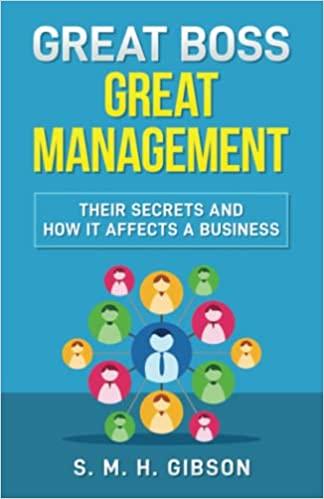Answered step by step
Verified Expert Solution
Question
1 Approved Answer
Create a Case Brief... of Maryland v. Stanalonis, 126 A.3d 6 (Md. 2015), decided that an attorney running for judicial office was permitted to exercise
Create a Case Brief... of Maryland v. Stanalonis, 126 A.3d 6 (Md. 2015), decided that an attorney running for judicial office was permitted to exercise his right to free speech when commenting on the views of his opponent, a sitting judge at the time. The attorney produced a campaign flyer that slighted his opponent's qualifications and, as it turned out, erroneously misconstrued that judge's views on a critical legal issue. "Not all attorney statements that turn out to be untrue violate [RPC 8.4(c)]. 'While this Court has some- times drawn fine distinctions among the four horsemen of the rule- dishonesty, fraud, deceit and misrepresentation-each pertains to a false statement by an attorney only if the attorney makes use of the false statement knowing that it is untrue." Id. at 16, citing Attorney Grievance Comm'n v. Smith, 109 A.3d 1184, 1196 (Md. 2015). The lower court determined that "the statement reflected negatively on the legal profession because the [attor- ney's] campaign made it without 'conducting a full and thorough investiga- tion' into its accuracy." Id. at 17. However, the appeals court reversed this determination because the attorney had a "demonstrable basis" for believing the statement he published. The Appellate Court held that "[i]t is hard to imagine that making such a statement would negatively impact that public's perception of the legal profession, except insofar as any campaign material that of the opponent who, as in this case, is an attorney who holds public office. But such a standard would be incompatible with the State's current policy, incorporated in the State Constitution, of holding contested elections for circuit court judgeships and public legal officers such as the Attorney General and State's Attorneys. Accordingly, there was no violation of [RPC 8.4(d)]." Id. at 17-18.


Step by Step Solution
There are 3 Steps involved in it
Step: 1

Get Instant Access to Expert-Tailored Solutions
See step-by-step solutions with expert insights and AI powered tools for academic success
Step: 2

Step: 3

Ace Your Homework with AI
Get the answers you need in no time with our AI-driven, step-by-step assistance
Get Started


